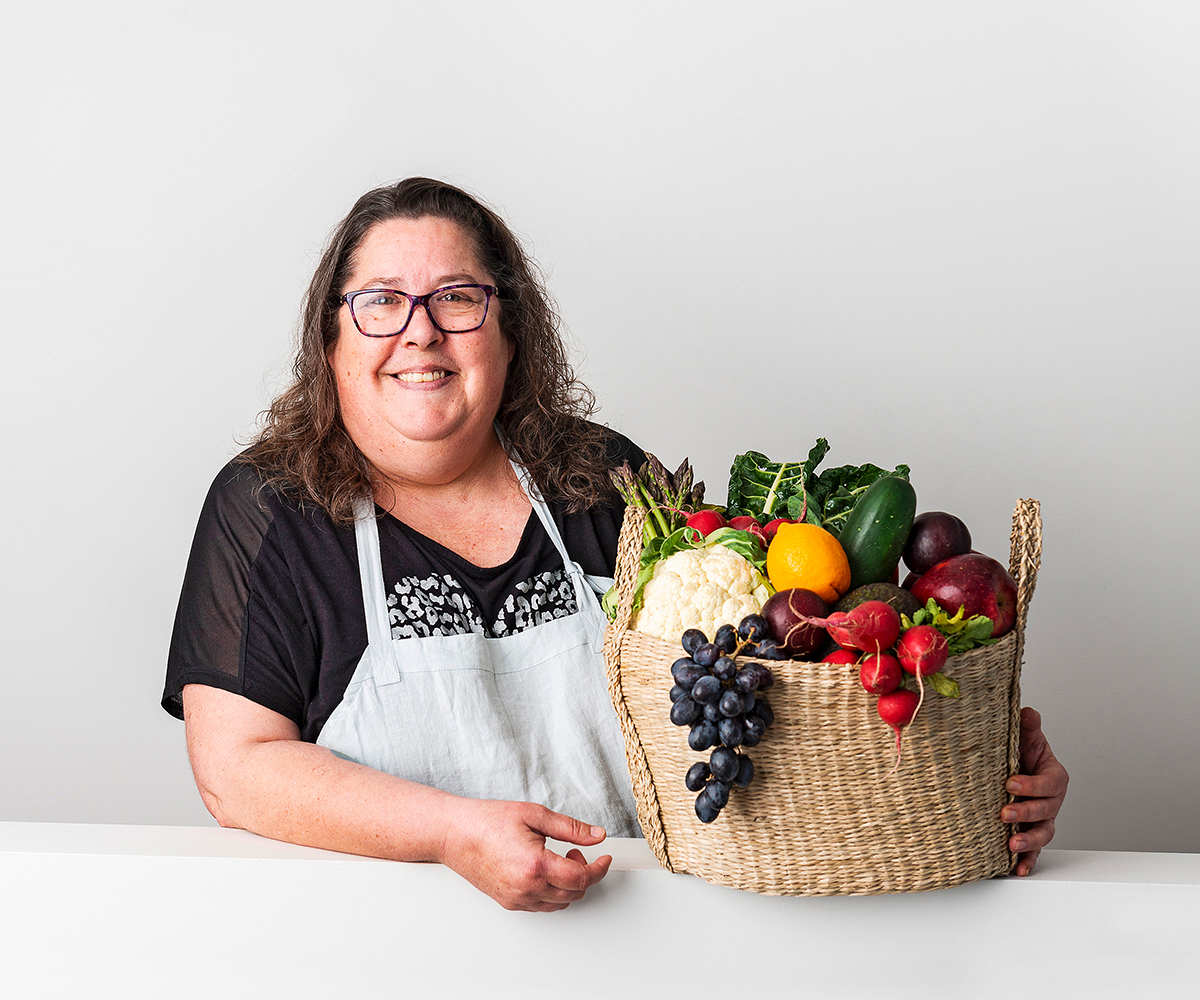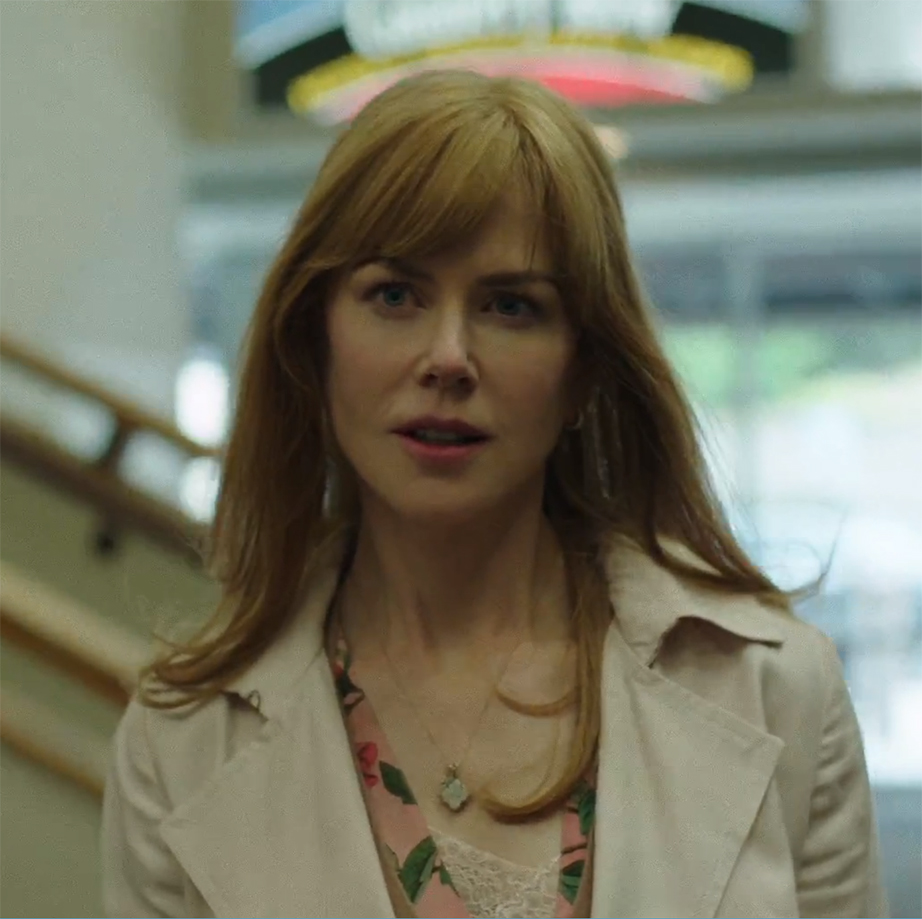Jelena Dokic can pinpoint the happiest moment of her life without blinking.
Surprisingly, it isn’t either of her greatest tennis triumphs, knocking world number one Martina Hingis out of Wimbledon in 1999 or reaching the quarter-finals of the French Open in 2002, which catapulted her to number four in the world.
“It was November 13, 2017,” she says bluntly, of an off-court moment little more than a year ago, the day her gut-wrenching memoir Unbreakable hit bookstands around the world.
“Writing the book is by far my greatest achievement because it has totally turned my life around. It has changed everything,” she says.
On that day, the world learned of the horrific abuse the former tennis champion suffered at the hands of her father, Damir Dokic.
From the time she was six, he regularly kicked his daughter, pulled her hair, whipped her with a leather belt and called her a slut and a whore. Throughout her career, many had concerns about her father’s erratic, often alcohol-fuelled public behaviour, but no one knew of the horrific violence unfolding behind closed doors.
The abuse overshadowed the talented junior’s tennis career, pushing Jelena to breaking point. On court she put on a brave face, her familiar blue eyes characteristically determined to win every match. However, off court, she battled crippling depression and contemplated suicide.
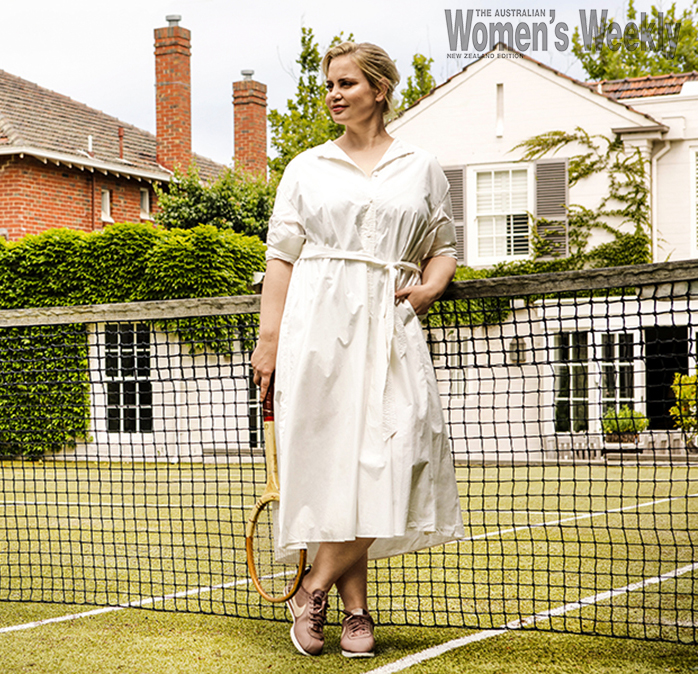
Now Jelena, who is one of the stars of the Australian Open television commentary team, says life has finally come full circle.
“Writing the book was cathartic. I was mentally drained afterwards, but at the end of the process I felt a huge sense of release – getting it all out of my system – it was very healing for me, and I am now 100 per cent again.”
Unbreakable went straight to the top of the best-seller lists and prompted an outpouring of emotion: “The icing on the cake,” Jelena says.
But most importantly, it helped her find her voice and a calling more meaningful than any tennis victory – becoming a champion campaigner for women suffering domestic violence.
“I thought that if my story helped just one person, then it was worth reliving everything, but the reaction has been overwhelming. Women, girls and even boys from all over the world have been in touch with me. I’ve had 15-year-old girls read it and come up and tell me I’m inspirational, and that’s amazing to hear. It’s been an incredible and unexpected year.”
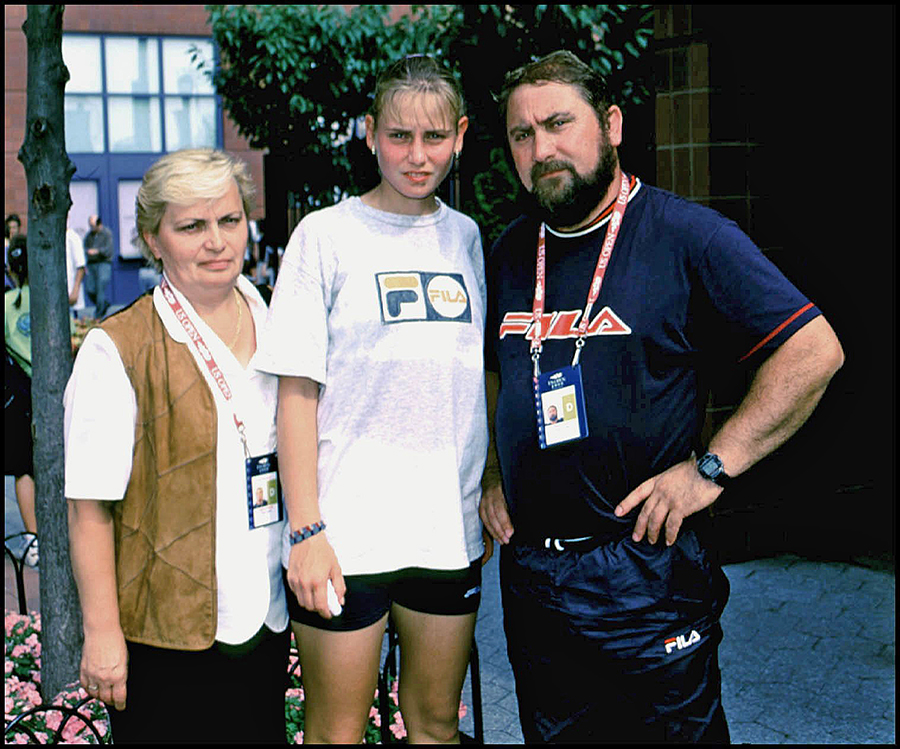
Jelena with her mother, Liliana, and father, Damir. Image:Getty Images
The ugly truth
It is a sweltering summer’s day in Melbourne but Jelena is a picture of cool serenity.
Despite the heat and the flurry of activity from cameras, stylists and a make-up artist prepping her for our photo shoot, the 35-year-old is radiating nothing but happiness, sipping an espresso and enthusing about how much she loves this city that she and her long-time partner Tin Bikic have called home for the past seven years.
Today, her trademark big blue eyes are the same, but of course the ponytailed teenage pocket rocket who captured Australia’s attention is all grown up: older, wiser, happy at last.
Jelena was 11 years old when her family fled Croatia in 1994 at the height of a bloody war and made Australia home. Jelena, her dad, mum Liliana and brother Savo settled in Sydney’s Fairfield. Just four years later, the talented junior turned pro and became a household name.
“Aussie Jelena” became the darling of the court but, increasingly, her father’s behaviour overshadowed her tennis achievements. For all the wrong reasons, Damir Dokic regularly hit the headlines.
He was often drunk courtside, regularly abusive to the media, umpires and officials, and behaved erratically in public. He was thrown out of three of the four major tournaments, banned from the WTA tour and was labelled the “tennis Dad from hell”, culminating in the family’s abrupt return to Belgrade, turning their backs on Australia and Jelena’s fans.
Her father was painted as a drunken buffoon, but in actual fact he was far more dangerous, and in the opening pages of Jelena’s book we learn why.
Shockingly, she recalls how her father kicked her out of home after reaching a career-best semi-final, narrowly losing a tight match against powerhouse Lindsay Davenport at Wimbledon in 2000. She was just 17 years old.
A cleaner found the broken teenager curled up in a corner of the Wimbledon players’ lounge and alerted the tournament referee, who contacted her management.
It wasn’t the first time team Dokic had raised eyebrows. During a tournament in Canada, her father struck her so hard after a defeat that she lost consciousness.
“Many people knew what was going on,” Jelena says. “People saw my father at tournaments and saw his behaviour. I don’t have any hard feelings because it’s a difficult thing to get involved in. Tennis is a competitive sport and it’s hard to form close relationships with people on the circuit – players keep to themselves. Thankfully, domestic violence is perceived very differently today than it was 20 years ago. I hope people would react differently today.”
Her father’s antics courtside made colourful fodder for the media. He was a walking headline and often the media made fun of his unhinged behaviour.
“There was certainly no shortage of material for them, but it didn’t take a genius to work out that something was seriously wrong there,” Jelena says.
“He was treated as a joke and a punchline for a long time, which only made things worse because I was the one who copped the punishment for that. He took his frustration out on me and I was powerless to change the situation or the media’s perception. I’m lucky I’m still here today and I think I was very strong to get through what I did.”
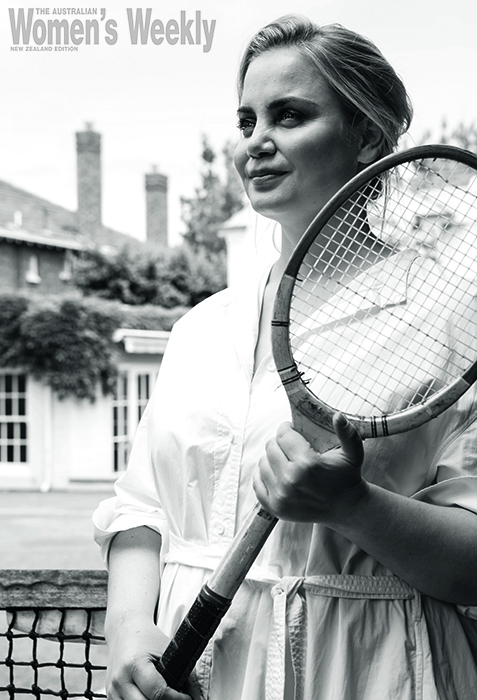
A mission from the heart
Since the book’s release, Jelena has travelled the world raising awareness of domestic abuse and each time she shares her story, she stands a little taller.
Her focus is on empowering women to leave violent situations and the message is loud and clear: help is available.
“A woman came up to me at an event and told me how her husband had beaten her so badly he put her into intensive care. Many stories like that have absolutely touched my heart and I’m grateful that women feel they can speak to me. I’ve cried with many women sharing their stories but it feels good that they feel they can share, and if I can help them in any way, I will.
“The whole message of my book is that you are not alone, and if you see something, say something.”
Jelena finally broke free in October 2002. The 19-year-old fled the family home in the middle of the night with just her racquet bags and a suitcase.
She was penniless – her father kept most of the $4.5million prize money she’d won throughout her career – but that day she began rebuilding her life.
The financial and emotional cost was huge but Jelena put on a brave face and hit the court with gusto, all the while secretly battling depression and likely post-traumatic stress.
“For a long time, my focus wasn’t about tennis, it was just about being able to live a normal life and it was touch and go for a while if I survived or committed suicide,” she admits.
“It was a real struggle to get up each day, so to be where I am today is great and I’m very happy. It’s really only now, since I’ve told my story, that I feel like I’m coming out of the shadow of my father. The book has allowed me to do that, and to set the record straight, because a lot of stuff happened in my career that was not my decision – particularly leaving Australia. I would never have chosen to do that – that broke my heart.”
Jelena copped the full force of the backlash for her father’s decision to return to Belgrade, and in 2001 was booed off the court at the Australian Open.
“I was judged very heavily and it wasn’t my doing,” she says. “I had no control over a lot of things. Now I have found my voice and it’s great.”
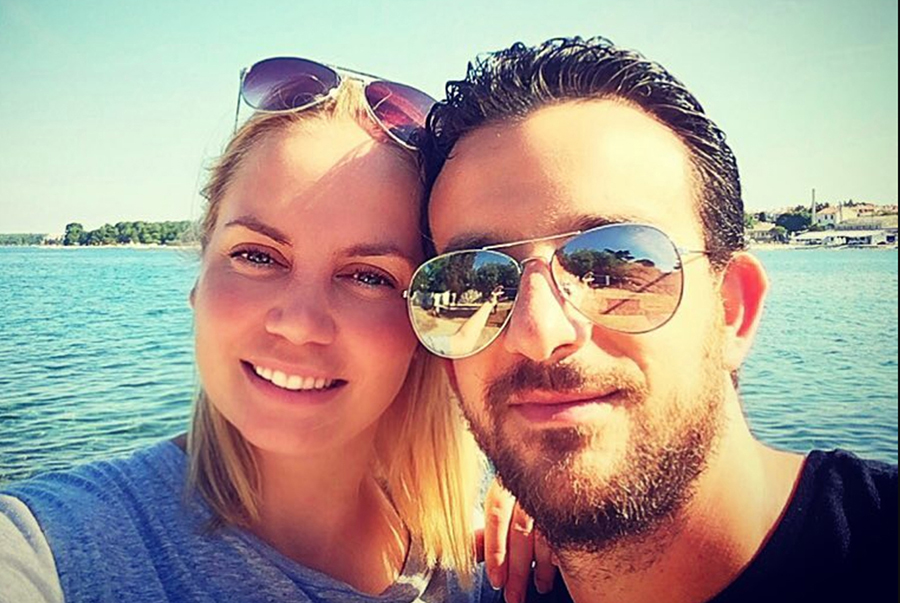
Jelena and boyfriend Tin
Time to heal
Today, Damir lives in Croatia, where he manufactures brandy. Unsurprisingly, Jelena says she has no relationship with him at all.
Over the years, she has tried to reconcile but her father steadfastly refuses to apologise for his behaviour.
“I always hold out hope that he will change and that things can be different, especially with family, but there has to be compromise, which he isn’t willing to do,” she admits.
“It’s hurtful to me that he’s never been able to say sorry. As I get older and as I get closer, hopefully, to having my own family, I don’t have the space and time for people like that in my life. I’ve turned that page. I sleep well at night. I reached out to him and tried to make things better but he didn’t want that and that’s on him now.”
Jelena sees and speaks to her mother Liliana occasionally but says there are lingering mixed feelings because her mother was by her father’s side during every unconscionable beating.
“I understand that she wanted to keep the family together no matter what, and I’ve been able to move forward and have a relationship with her, but it’s the relationship with my brother that is the most important to me,” she says.
“When I left home, I didn’t get to speak to him for a long period of time – my father put a stop to that – so it’s nice to get back together and to be able to be our own people as adults, which we are, and that relationship is incredibly important to me.”
Today, in between her commentary commitments, Jelena spends much of her time travelling the world, speaking about her experiences. By her side is her long-time partner Tin, whom she met when she hired his brother Borna to coach her after fleeing her father.
The couple hope to start their own family some day soon and plan to raise their children in Australia.
“Tin and I have been together for a long time. My happy place is being with him. He has supported me through every step of this journey, and no matter how hard my day is, Tin makes me smile, no matter what.
“We’d like to start a family one day, hopefully soon. These are the things that are important to me now. I don’t stress about small things any more, I just enjoy the things and the people who really matter.
“I battled depression for a long time and a thyroid condition, so I’m very mindful of keeping my health in check and making sure I feel good. I take more time for myself these days and I do things I love. I love my work and I’m very focused on what I can now achieve off court. I’ve spent a lot of my life not being happy, and I’m determined not to spend one more minute in that space.”
Given her history, it would be totally understandable if Jelena never went near a tennis court again, but she says she loves tennis in all forms these days, both watching from the commentary box and playing when she has a spare moment to have a hit. She is relishing her role as a tennis commentator and can’t wait until the Australian Open.
Her on-court idols, John McEnroe, Jim Courier and Todd Woodbridge, have been teaching her the tricks of the TV trade and she is bubbling with excitement about the hopes of young Australians such as Ashleigh Barty.
“I just love watching Ash,” Jelena enthuses. “She is a joy to watch. She can be top 10 for sure. I’m so grateful for the opportunity to join the [Australian Open commentary] team. It’s very exciting to be a part of it. I still love tennis, and Melbourne comes alive during the Australian Open.
“I’m really into the technical side of the game and I watch as much of the tour as I can – hopefully I can offer the viewers a different insight.
“It would have been very easy to hate tennis after what I went through, but I still love the game and I was more frustrated that I couldn’t play to my potential because of what was going on off court. That was disappointing to me.”
Fittingly perhaps, it is now her off-court play that will be Jelena’s greatest ace.
“My life goal now is to start a global charity to help victims of domestic violence get back on their feet and rebuild their lives,” she says. “I hope I can be a voice for the girls who struggle with the things I’ve struggled with.”
How to find help
If you or someone you know needs help, call Lifeline on 0800 LIFELINE (0800 543 354), or text ‘Help’ to 4357 for 24/7 free confidential support.
